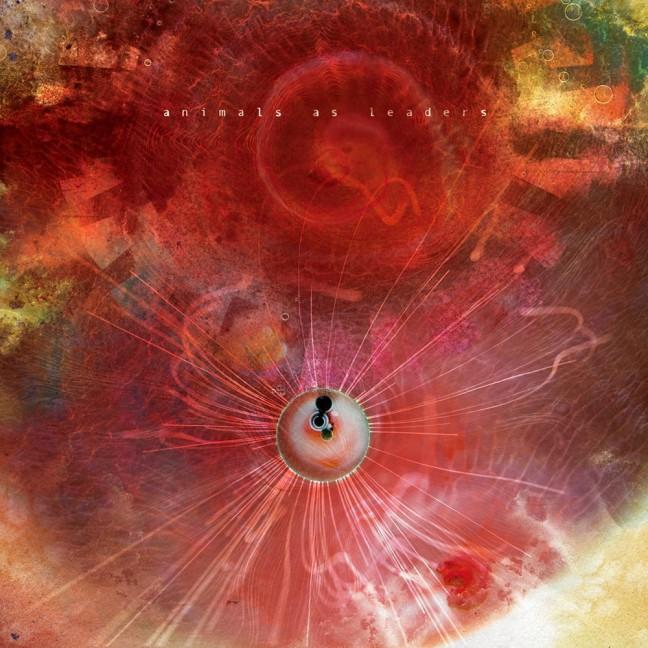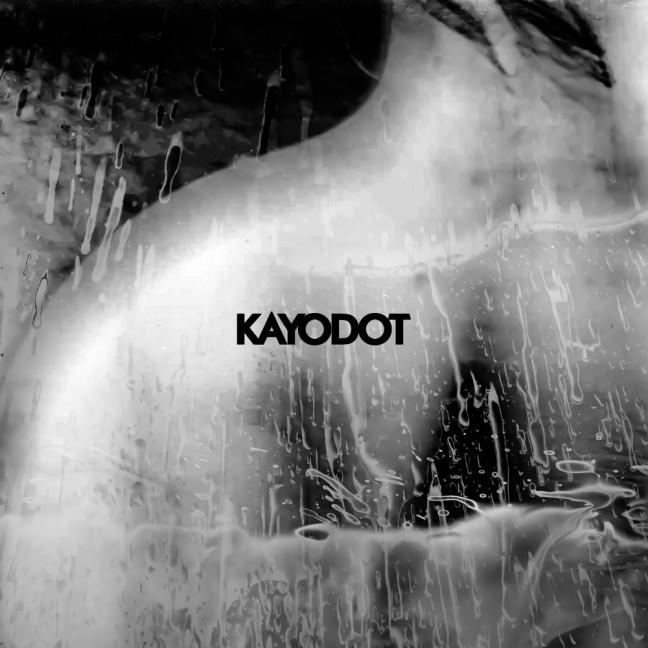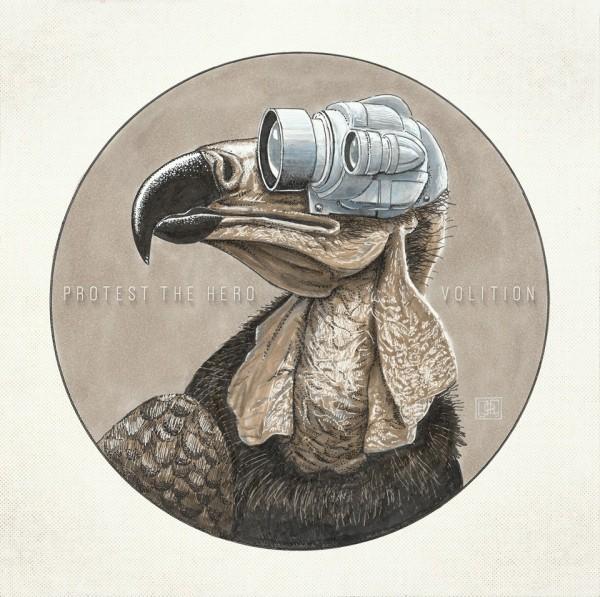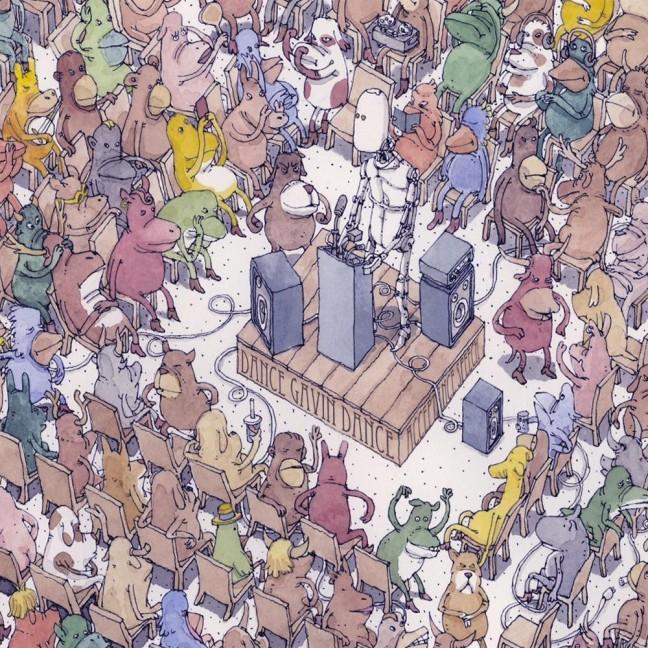The album is a strange and endangered beast in today’s music scene. Artists’ definitions of what constitutes an album vary wildly from genre to genre, sub-genre to sub-genre and even musician to musician. Confusing things further are releases that are not exactly albums but rather fall under the term “singles” or “EPs.” Furthermore, with the way music is distributed and listened to by today’s instant-gratification obsessed, technologically-savvy listeners, the very existence and viability of the album as we know it are called into question.
Are albums still necessary? Are they still commercially profitable? Do they still make sense for the artist? Do they still make sense for the consumer?
It is probably best to begin by defining the term “album” by its denotative and connotative meanings. Dictionary.com defines album (in the musical context) as “a phonograph record or set of records containing several musical selections, a complete play, opera, etc.” Clearly, this definition is a bit outdated, but the main idea is clear. Connotatively, “album” has (or, perhaps, had) come to mean a collection of songs on or in a central theme (or themes) that an artist has written and placed in a particular order for the purpose of best expressing the meaning of the music.
It is easiest to see this definition of an album in what is known as a “concept album.” By Wikipedia’s definition, a concept album is just what it sounds like: an album “unified by a theme, which can be instrumental, compositional, narrative or lyrical.”
Some famous examples of concept albums are Pink Floyd’s The Wall, Rush’s 2112 (which is only a concept album for one side of the record, or one half the CD for modern listeners), Between the Buried and Me’s Colors, Opeth’s Blackwater Park, Protest the Hero’s Kezia and Green Day’s American Idiot.
All of these examples are cohesive from beginning to end, and it is exceedingly easy to see how they are meant as a singular piece of art, rather than just a collection of songs that were recorded at the same time. But concept albums are not the only albums that may be seen as such.
An album does not need to have fancy transitions between songs, lyrics that tell a story from beginning to end or common musical themes. However, to really be an album in the sense that word has come to be defined, the collection of songs must have some sense of cohesiveness that ties it together. Otherwise, it just becomes a collection of songs that does not complement one another, creating a problem for the consumer and for the album as a musical medium.
Much of today’s music industry is based around hit singles and consumers purchasing those singles via iTunes or similar sources; as a result, people buy full albums far less frequently than in previous times, and those consumers that do purchase entire albums seldom listen to them as albums, thanks to iPods and short attention spans. These two factors combine together to influence the way artists produce and package their music.
Many popular albums today are simply collections of songs that do not really go together at all. This, in turn, pushes consumers to download only the tracks they want off the album, and the cycle continues.
As it happens, albums, in the traditional, connotative sense of the word are more likely to be found outside of the “popular” avenues that most people travel. This makes for a more shallow listening experience in genres that fall into “mainstream” categories. The existence of concept albums – and, more broadly, albums that actually make sense the way they’re put together and composed – outside of the mainstream is just another reason on the incredibly long (and growing) list of reasons to swim into deeper, more unfamiliar musical waters.
So, do albums have a future? In short, yes, though probably not within the mainstream market.
Because of the current state of the music industry, $9.99 digital albums are not as profitable as releasing several singles for $1.29 on iTunes, not to mention the money production companies can save by declining to create physical copies. It is possible that albums as we know them are already on their way out for popular music. This is unfortunate, because albums are, as an art form, still very much necessary.
There are few greater pleasures in life than the all-out barrage of emotion and artistry that an album (especially a concept album) unleashes from beginning to end upon a listener. Consumers that do not allow themselves this pleasure are truly missing out on stories that cannot be told in any other medium.
Regen McCracken is a junior intending to major in journalism. He has a love for video game, metal, jazz and all things that make one think. He also writes and performs his own music while not writing these columns or studying himself to sleep. Send questions and comments to [email protected].


















